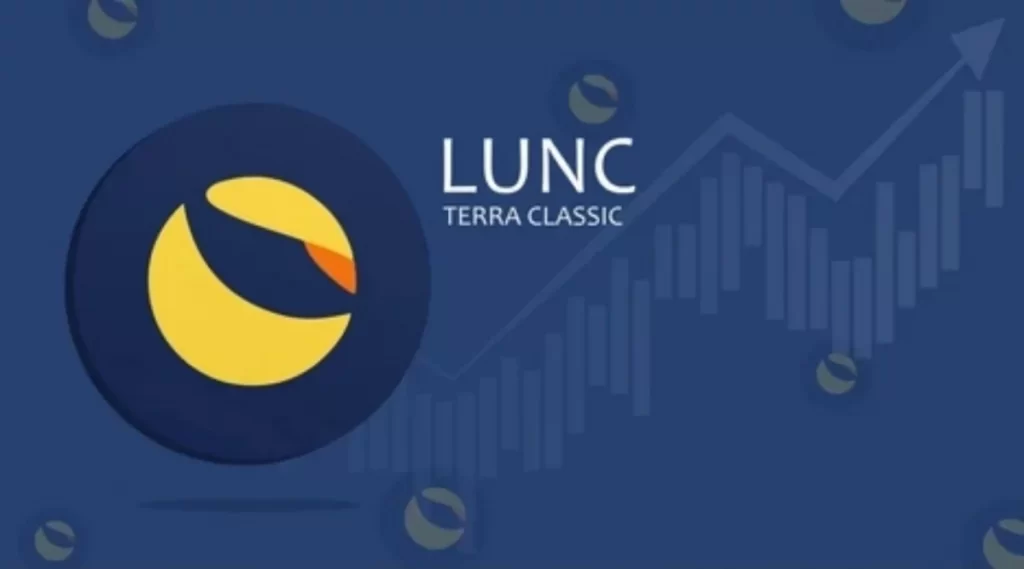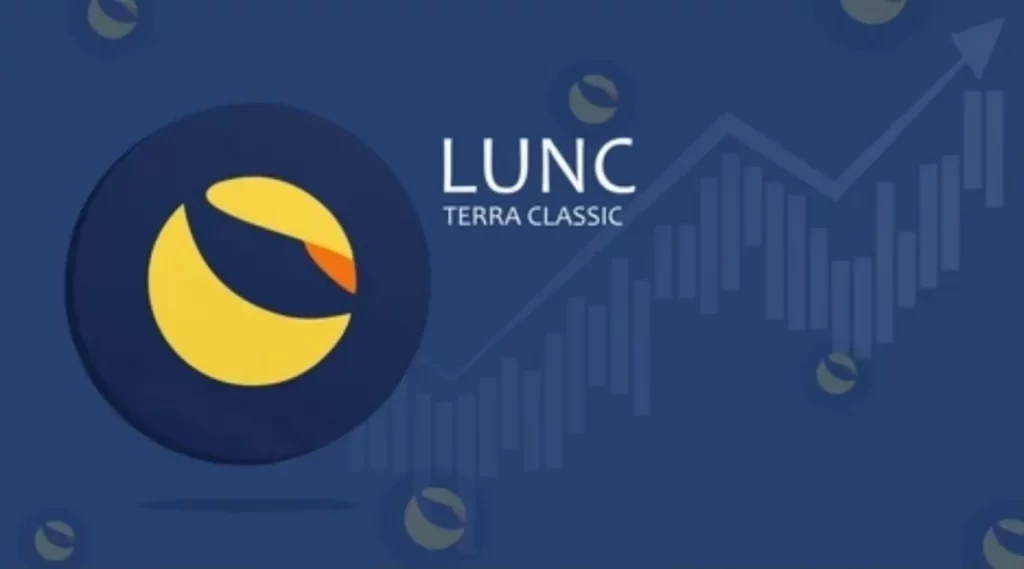Long Term Investors Are Positive About Terra Classic (LUNC), Here’s Why?


The post Long Term Investors Are Positive About Terra Classic (LUNC), Here’s Why? appeared first on Coinpedia – Fintech & Cryptocurreny News Media| Crypto Guide
Terra has evolved into one of the projects that is actively being developed in an effort to recapture the position it formerly held. Since its infamous collapse, Terra has resurfaced under the name Terra Classic. The price of LUNA tokens has risen to a new high of $7.06 because of the rising interest in Terra 2.0.
Along with launching Terra Docs, the project’s official documentation, Terra also redesigned its website. Code Hike, a revolutionary visualization tool used to display the Terra source code, was utilized to produce the Terra Docs.
Over 566 billion LUNC have been staked, or 9.643% of the entire 6.9 trillion supply, according to a tweet from LUNC staking, an official bot that monitors and updates Terra Classic staking data every 10 minutes.
Long term investors seek resort in Terra 2.0
It shows that 32 billion LUNC more have been staked recently. On September 10th, the Crypto Basic revealed that approximately 534 billion Terra Classic had been staked. It is encouraging that more investors have a long-term commitment to the initiative for the network, which aspires to experience a revival. As a result, it also lessens the asset’s selling pressure and circulating supply.
Staking was restored on the Terra Classic network on August 27 as part of the well-publicized V22 network update. Some see it as the start of the LUNC reconstruction process, providing holders with chances to create wealth.
There is no minimum deposit requirement for LUNC staking, according to information from Staking Rewards. Additionally, staked assets are subject to awards of up to 37.8% and are locked for 21 days.
In order to restore Terra Classic, the LUNC community has since offered and supported a 1.2% tax burn plan. Three days from now, all on-chain transactions will be subject to the proposal’s implementation, which attempts to reduce the excess LUNC supply.
As the majority of LUNC operations take place on these platforms, the community is also seeking to enlist central exchanges to apply the tax burn to off-chain activity like spot trading.

